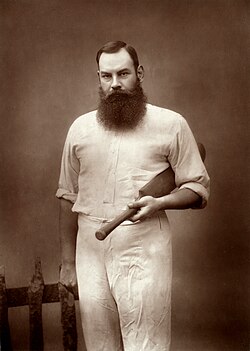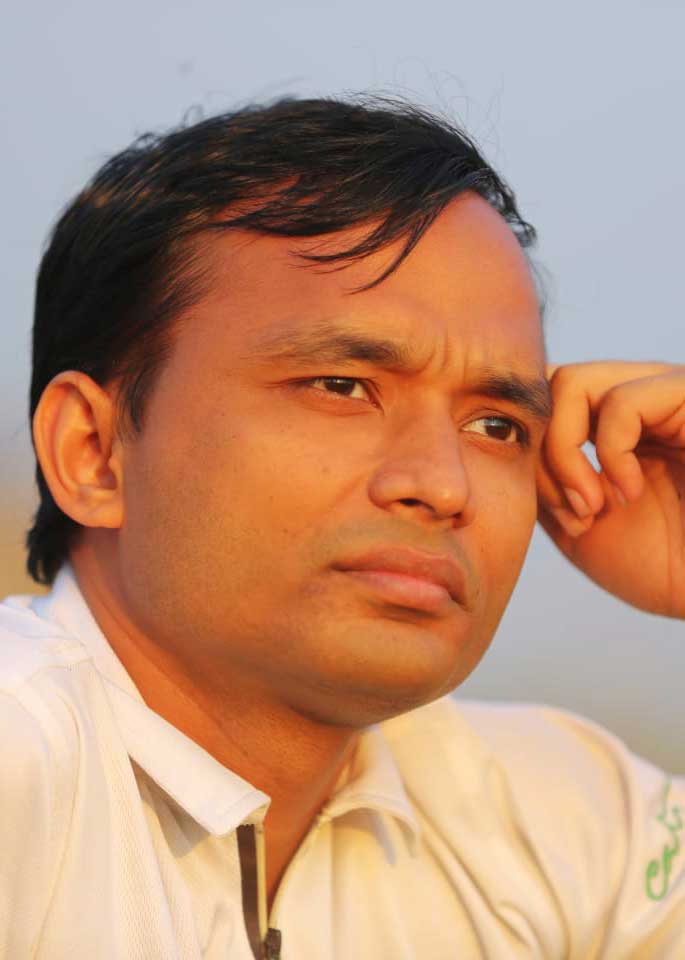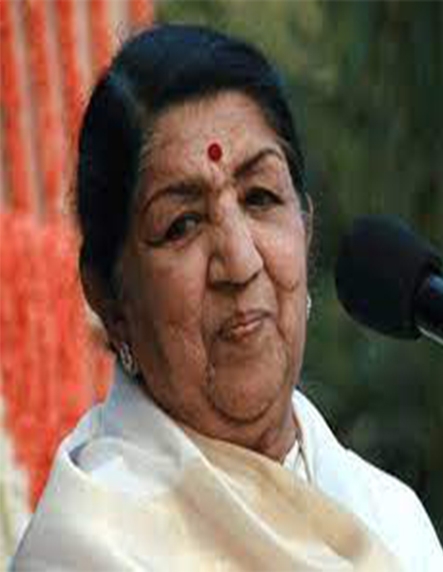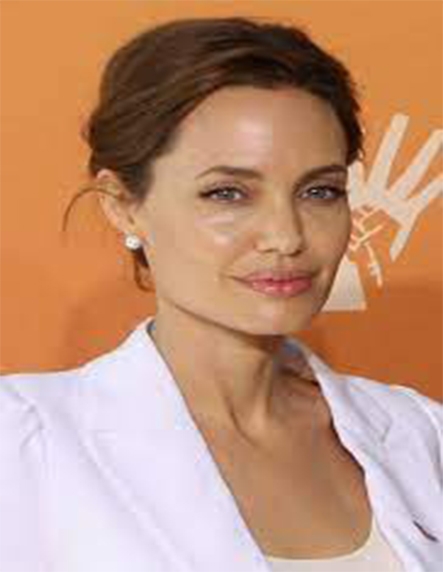
When one thinks of the golden age of cricket, the name W.G. Grace rises like a colossus above the mists of time. Known as the Father of Modern Cricket, Grace was not merely a sportsman—he was a symbol of an era, a national icon, and a pioneering genius who transformed cricket from a gentleman’s pastime into a competitive spectacle. His magnificent beard, towering frame, and majestic presence on the field made him one of the first global sports celebrities.
Table of Contents
William Gilbert Grace or W.G. Grace Early Life: A Prodigy is Born:
William Gilbert Grace or W.G. Grace was born on *July 18, 1848, in Downtrend, near Bristol, England, into a cricket-loving family. His father, Dr. Henry Grace, was a physician, but more importantly, he nurtured his children’s love for cricket. W.G. Grace was the eighth of nine children and from a very early age, displayed an uncanny talent with both bat and ball. By the age of 16, he was already making headlines in local newspapers for his extraordinary batting technique and unorthodox style.
Key Career Stats W.G. Grace :
*First-Class Matches*: 870+
* Runs Scored: 54,896
* Batting Average: 39.45
*100s/50s: 124/251
* Wickets Taken*: 2,876
* Bowling Average*: 17.92
Grace was among the earliest players to achieve the coveted *”Double”* in a season—1,000 runs and 100 wickets—a feat he accomplished *eight times* in his career. He was also a trailblazer who took cricket out of the aristocratic gardens and brought it into public consciousness.
W. G. Grace is a Doctor, Showman, and Patriot:
Remarkably, Grace was also a qualified *medical doctor*, balancing his cricket career with his duties as a general practitioner. This dual life added to his mythos—he was the beloved “Dr. Grace” to many who never even saw him play. He would often tend to patients in the morning and score centuries by afternoon.
“W. G. Grace Is A bad loser”
Oh mighty! Despite all these issues, patron Lord Sheffield had no doubts about Grace leading his England team on its 1891–92 1891–92 tour of Australia. Grace negotiated a considerable fee of £3,000 for himself, which included travel and accommodation for his wife and their youngest children. This overhead became a financial burden that terminated any chance of the tour returning a profit. In addition, several leading players declined to take part, largely because the offer to each of them was £300—a mere 10% of Grace’s fee—”exclusive of alcohol and tobacco”. The final team was something of a mixed bag and included at least three players who were not Test match standard.
On behalf of, W. G. Grace’s attitude and behavior on the tour caused bad feeling. He was initially welcomed by the Australian press and public, but he ruined their goodwill by making controversial remarks and failing to control his temper. Australia, led by Jack Blackham, won the first Test at the Melbourne Cricket Ground by 54 runs. Grace was enraged by the Australian batting tactics as Alec Bannerman in particular had resorted to “stonewalling” when conditions favored the bowlers. This worked for Australia as they were able to extend play into a fifth day and were then able to bowl England out.
Later years W.G. Grace:

Following the move to Nottingham, Grace became very interested in lawn bowls. He helped found an international competition with Scotland, Ireland and Wales, captaining England from the inaugural international at Crystal Palace in 1903 until 1908. He supported the pioneering all-female Womanhood Bowling Club at Crystal Palace by obtaining the use of a club pavilion for them in 1902.He was also keen on curling. His interest in golf brought him into intimate contact with one of his biographers Bernard Darwin, who said that Grace played golf “with a mixture of keen seriousness and cheerful noisiness”. He could drive straight and sometimes putt well but, for reasons that Darwin could not understand, “he never could play an iron shot well.”
See more Cricket Articles like Rahul Dravid : The Wall of Cricket..
© & Written By Shamol Nath

Shamol Nath is a writter & Documentary film Director. Shamol Nath Write and made documetaries over the decade.
He mainly focus on literature and films. Write poems, story, eassy and recently write a novel etc.

